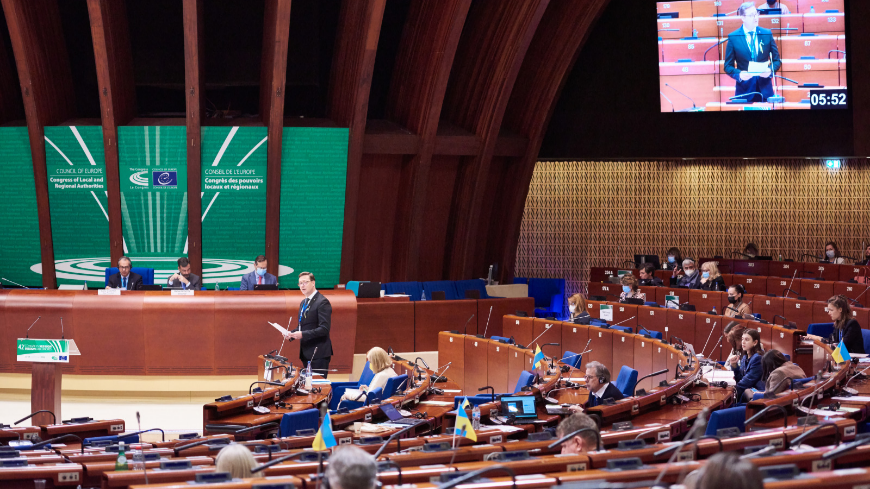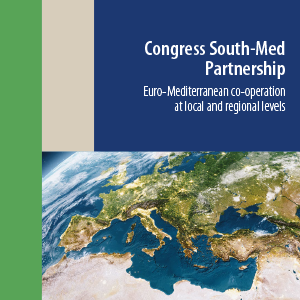Meeting at the 42nd Plenary Session, the Congress of Local and Regional Authorities of the Council of Europe adopted today a report on municipal and regional elections held in Morocco on 8 September 2021. The observation was conducted on-site in several regions of the country, following online preliminary meetings with various interlocutors. This was the first election observation mission of the Congress in the country, which obtained the “Partner for Local Democracy” status in 2019.
The rapporteur, Vladimir Prebilic (Slovenia, SOC/G/PD), welcomed an overall calm and transparent Election Day, as well as the general competitive political climate. “Despite three elections being organised on the same day, all levels of the electoral administration managed to provide an environment free of violence and intimidation for voters, in keeping with the strict application of health measures”, he highlighted.
At the same time, the rapporteur suggested considering measures to ensure the campaign provided enough time and focus on municipal and regional issues for voters to become more familiar with programmes of a wide range of political actors. The report invites the authorities to pursue the efforts made to increase the participation of women in politics at municipal level, as well as reinforce the measures to regulate campaign finances, including online campaigns.
Lastly, the report encourages the authorities to continue working towards facilitating the exercise of the right to vote, in particular for persons still excluded from the electoral register, and improving accessibility of polling stations and readability of ballot papers.
See also:
Statement by Vladimir PREBILIC
Report CG(2022)42-19
For further information :
Contact:
Ms Renate ZIKMUND
Head of the Department of Statutory Activities, External Relations and Cooperation, SAERC
Congress of Local and Regional Authorities
Tel: +33 (0)6 59 78 64 55 - [email protected]
********
42nd Session
Agenda – Web page – Multimedia (Live broadcast, interviews, videos and photos)






